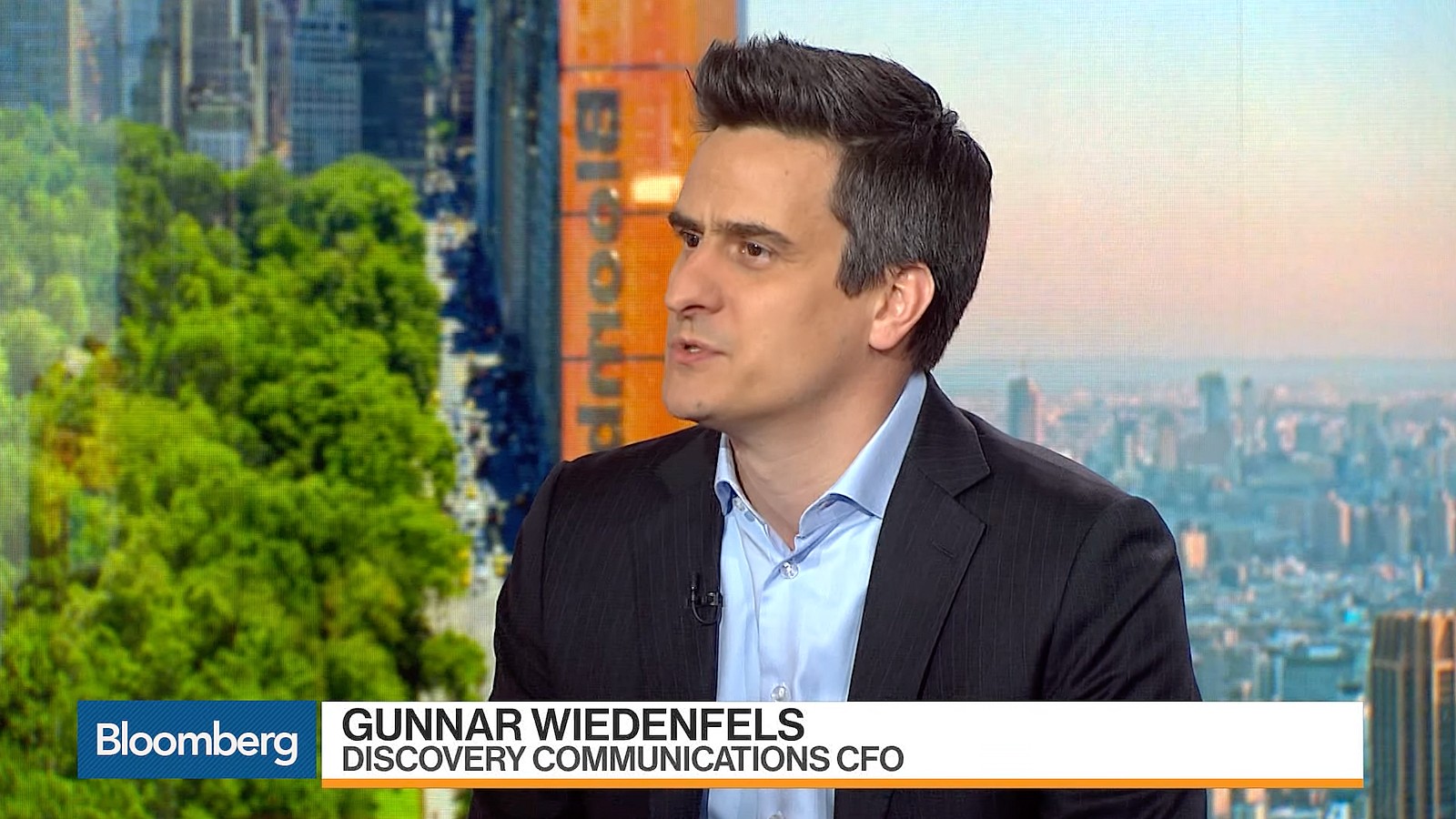Warner Bros. Discovery Being Sued For Inflating HBO Max Subscriber Numbers By Ten Million Users

Warner Bros. Discovery is in hot water again and this time they are being taken to court over it. The company is being sued for misrepresenting the actual subscriber total for their streaming services, but HBO Max is the main bone of contention.

According to a class action complaint filed by the Collinsville, Illinois, Police Pension Board on behalf of their Pension Fund, WBD wasn’t honest about real and active HBO Max subscribers, a tally that was off by 10 million.
Though this information is out there and was reported before the merger, the plaintiff’s filing argues they were misled about the “linear” subscribers or the people who were signed up automatically because they already had HBO as a premium on their cable package.
Discovery+ is named as well for a similar tactic employed in 2021. The service had a count of 20 million total subscribers even though you have to be a paying customer to be one. The complaint alleges Verizon customers signed up for 12 months as a perk were added into the math.

HBO Max had approximately 69.4 million global subscribers as of September 30, 2021 but that included “receiving access through bundled services with affiliates” and “wholesale subscribers that may not have signed in.”
That was under AT&T’s WarnerMedia regime which means Discovery and CEO David Zaslav — who is named as a defendant — inherited this mess, but the court filing contends he knew this information well before the merger was finalized this year.
“This adverse information was known or knowable to Discovery and the Individual Defendants [Zaslav and CFO Gunnar Wiedenfels] prior to the March 11, 2022 shareholder vote, as they would have, or at a minimum should have, been part of due diligence for the Merger.” the document says.

“For example, Defendants acknowledged after the Merger that WarnerMedia’s HBO Max streaming business had a high churn rate that made the business not ‘viable’ unless the churn rate was reversed,” it continues.
WarnerMedia’s profligate spending on content was noted as their “churn rate” was deemed “unacceptable.” Numerous times, the complaint reiterates that the former entity had no consideration for cost or profit.
The sale to Discovery then came as a sort of ray of hope, at first, with the promise of a reversal. On a conference call in February, Zaslav confidently talked up “free cash flow” projections of $14 billion and $8 billion by 2023 and a “solid footing” as a competitor in the streaming market against Netflix and Amazon.

“We’re going to be generating $8 billion or more in free cash flow. So we have plenty of money to spend. That already assumes that we’re going to spend more money on content.” he said. “[W]e’re quite confident in the numbers that we’ve given you.”
He also had nice things to say about CNN and its resources although the cost-saving guillotine later fell on the failed CNN+ venture.
The Collinsville Police Pension Board, a Discovery shareholder, believes they were hoodwinked when they were told to trade their Discovery stock for shares of WBD common stock before any of the above information was disclosed to them.

As it came to light, WBD was cutting costs, canceling movies, and removing programs from their streaming library over the last few months while their stock price tumbled to around $11 a share from about $24 after April 11th.
Making matters worse, AT&T reported WarnerMedia’s operating income dropped “32.7% year over year to $1.3 billion” and year-over-year free cash flow fell by $2.6 billion.
In an April conference call after the merger was complete, Gunnar Wiedenfels admitted that Q1 Warner earnings and cash flow were less than he expected, and the “profit baseline” for that part of the portfolio in 2022 will be around $500 million lower than anticipated.

Between that and the CNN+ debacle, he added, “2022 very much looks a little messier than probably what I had hoped for.” Wiedenfels then confessed they had to lower projections for the year. Content offerings were resultantly slashed over the summer and the strategy of making mid-budget superhero movies exclusively for HBO Max was nixed.
When Zaslav made disparaging remarks about WarnerMedia’s “spend, spend, spend” business model in August, the plaintiff’s lawyer wondered “why if he had such a dim view of WarnerMedia’s business model…he had not disclosed those true facts” at any point between buying their assets and the Feb. conference call.
The lead plaintiff is the Collinsville Pension Board but it’s a class action suit so “the exact number of Class members is unknown to Plaintiff at this time and can be ascertained only through appropriate discovery, Plaintiff believes that there are hundreds or thousands of people in the proposed Class.”

Undetermined as their number is, the plaintiffs are seeking a trial by jury and compensation for damages incurred by inflated subscription numbers, overvalued stock prices, and “untruthfulness of the statements and omissions “ to the fullest extent of the law.
